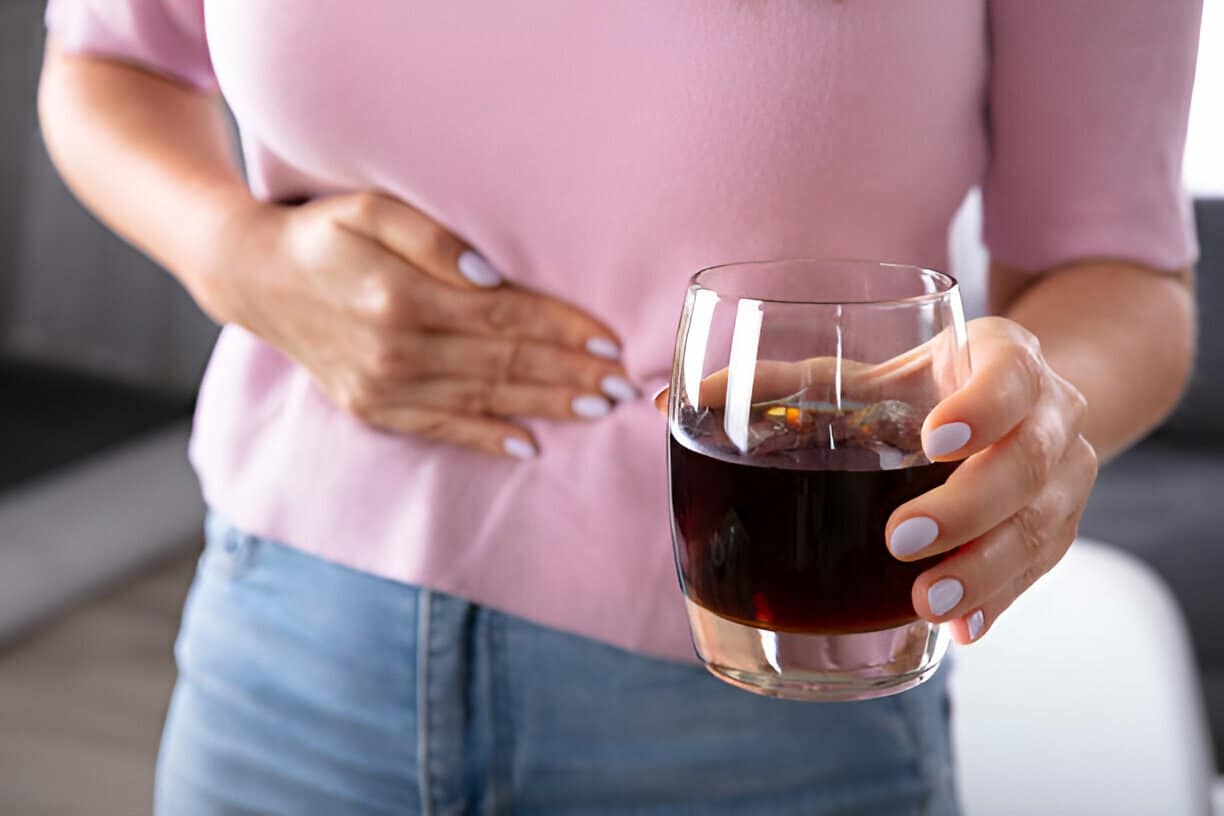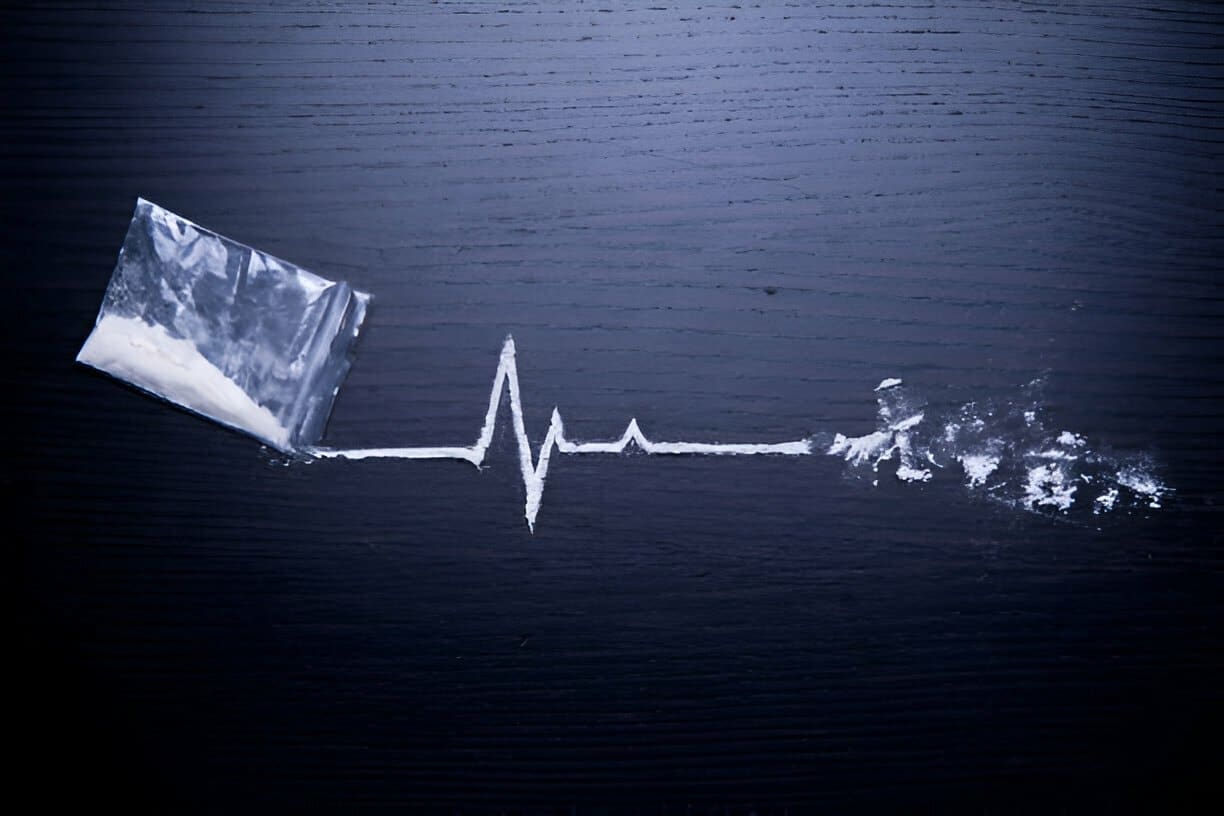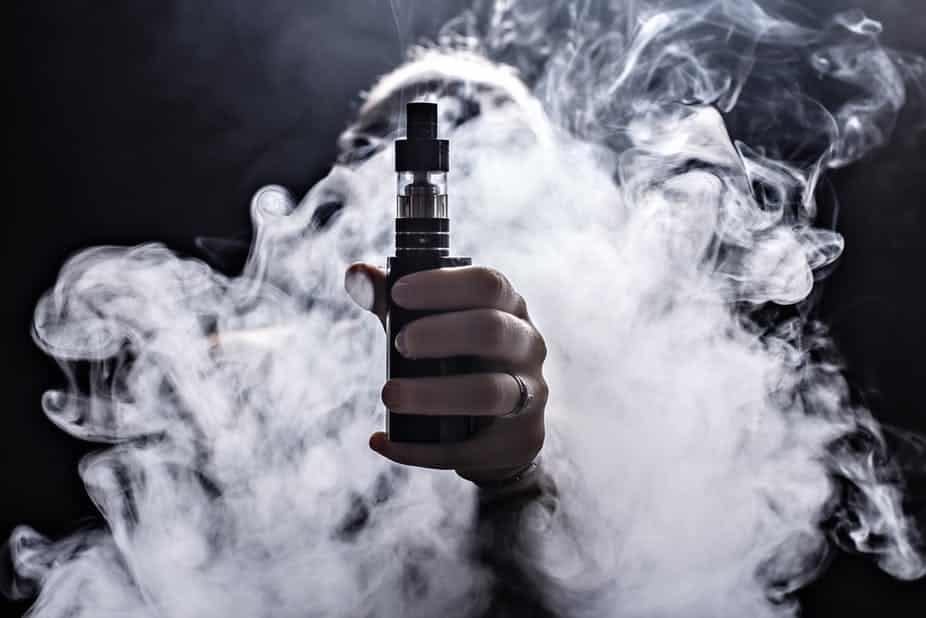Steroids, commonly known as corticosteroids, are anti-inflammatory drugs used to treat various ailments. Corticosteroids and anabolic steroids are the two main forms of steroids. Both can be used to treat multiple conditions, but anabolic steroids are commonly abused because they are thought to boost muscle mass and sports performance. Most anabolic steroid users are men, but not all are athletes. Some people only use them to enhance their physical appearance.
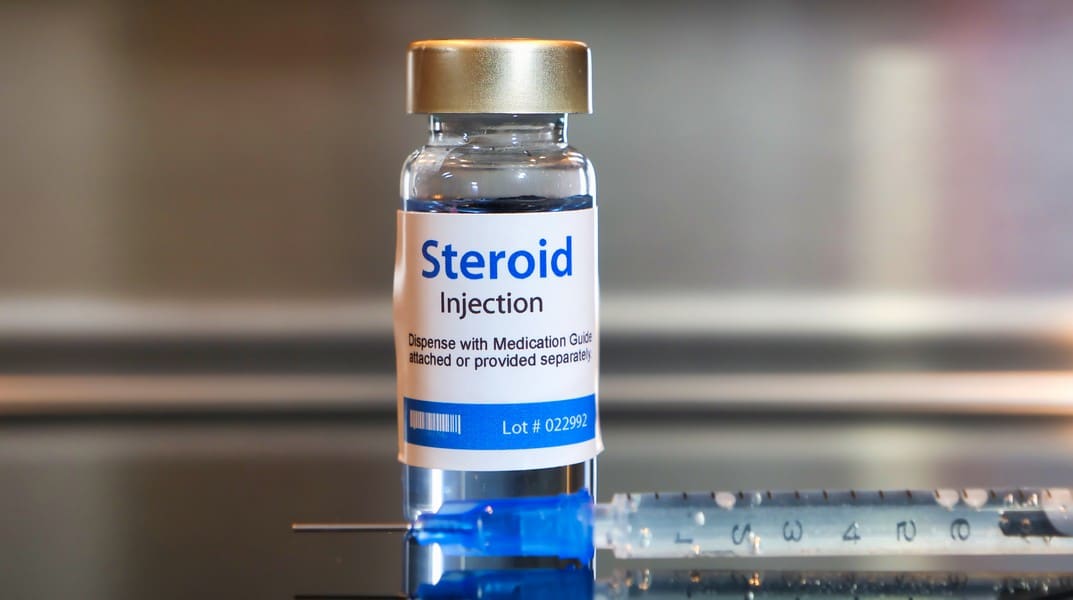
Steroids are comparable to other drugs in that they can cause addiction, but the reasons for this are different. People that take steroids do so for no other reason than to get high. Steroid addiction often develops as a result of men’s attempts to cope with underlying psychological disorders. Low self-esteem or body dysmorphia are some examples.
Because steroid addiction differs from alcoholism or other forms of substance abuse, treatment must be tailored to the individual. Depression is one of the most common side effects of steroid withdrawal, and it can be so severe that it leads to suicide.
Treatment for steroid addiction should involve therapeutic medicines addressing withdrawal symptoms and counselling and therapy to treat underlying psychological issues. Concurrent addictions are possible and should be considered while developing a treatment plan.
Steroids are prescription-only drugs with substantial medicinal applications. Doctors prescribe steroids to treat a variety of medical ailments, including:
If your loved one needs support dealing with an Alcohol Addiction, contact us today on 0800 999 1083. We can help you by recommending treatment options.
Anabolic steroids work in the body in a similar way to testosterone. They boost protein production to help muscles grow faster. Anabolic steroids may cause a deeper voice, greater libido, and increased hair growth on the body and face in users. Secondary masculine sexual features may also emerge or become more muscular.
Anabolic steroids are used for valid medicinal reasons. They include testosterone deficiency, recovery from significant injuries that need increased protein production, aplastic anaemia, and HIV-related wasting syndrome. Anabolic steroids are also administered to accelerate growth in young patients with low stature or as part of breast cancer treatment strategies.
The use of testosterone to improve athletic performance dates back to the 1930s. Synthetic testosterone was created to help men with low natural testosterone grow and develop normally. It was employed to help hungry soldiers perform better during WWII.
Dr Zeigler, an American doctor, was inspired to manufacture anabolic steroids as a result of this. Athletes used the medication to improve their performance after the war, particularly during the 1956 Olympics. Throughout the 1970s, the substance became increasingly popular among athletes of all levels. It was then outlawed during the 1975 Olympics, but black-market sales soared throughout the late 1970s and 1980s. Illegal anabolic steroid use is still common today, and both men and women who abuse anabolic steroids face several health risks.
There are numerous distinct types of steroids (over a hundred), but anabolic steroids and corticosteroids are the most common. Steroids are commonly thought to be chemical supplements that help you improve your performance and grow muscle, but they serve a variety of purposes.
Corticosteroids are steroid hormones generated either naturally (in the adrenal cortex of vertebrates) or synthetically. Systemic corticosteroids are injected or taken orally but do not include corticosteroids delivered through the nose, eyes, ears, or skin. Corticosteroids are naturally produced in the cortex and are categorised as follows:
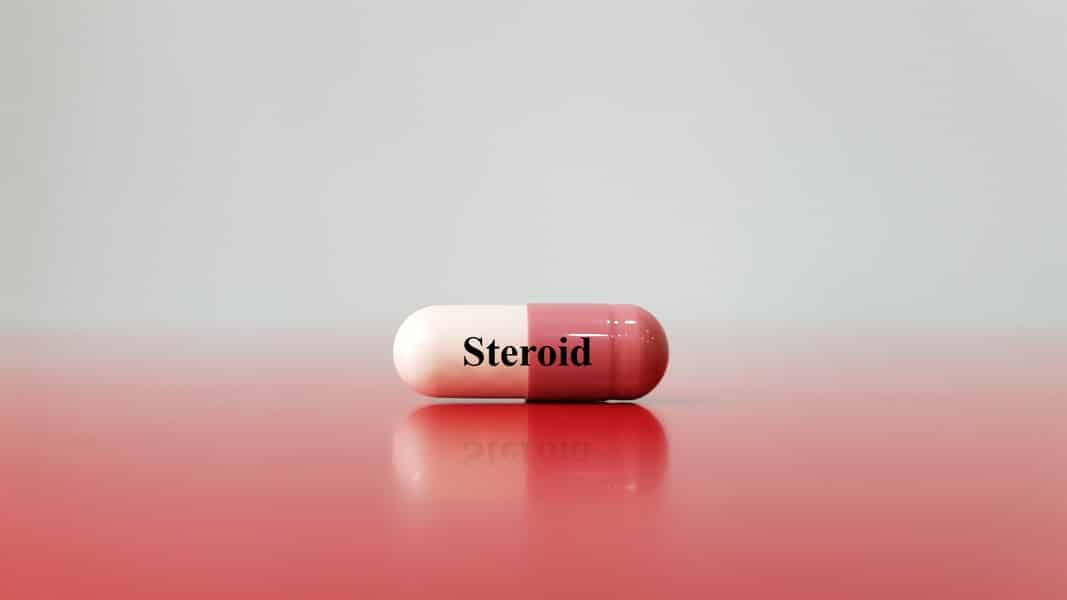
Anabolic steroids are classified as Class C drugs. Although it is lawful to possess steroids for personal use, they are only available on prescription in the United Kingdom.
It is unlawful to manufacture, supply, or sell steroids on the black market. Up to 14 years in prison, an unlimited fine, or both are possible penalties.
Steroids are available in pill form, injectable liquid form, topical gel form, and cream form.
People abuse steroids in various ways, including cycling, stacking and pyramiding. Most recreational users inject steroids into their muscles or take them orally. Your dose as a recreational user could be 100 times higher than the prescribed dose.
Stacking refers to the use of numerous forms of steroids simultaneously or the combination of oral and injectable versions. Many steroid users feel that stacking improves results. However, this has not been confirmed scientifically.
Cycling is the use of anabolic steroids for a certain length of time, usually 6-12 weeks, followed by a period of abstinence. Steroid users use “Off” cycles to allow the body to create its testosterone and reduce harm to internal organs.
Taking Steroids during an “on” cycle is known as pyramiding. Users begin with a modest dose and progressively rise to a maximum dose in the middle of the cycle. Users gradually reduce their Steroid dose in the second half of the cycle.
Steroid users may feel compelled to look a specific way and maintain an idealised body image. This may be due to peer pressure from friends to ‘bulk up’ to be competitive. A common misunderstanding is that competitors in contact sports like baseball, American football, hockey, and wrestling take steroids, but not taking drugs gives your opponents an advantage.
Aside from contact sports, athletes in track and field and speed skating utilise steroids to supplement their training efforts. If you have a small frame or are lanky, steroids can help you gain muscle mass and lose fat. You could be experiencing dysmorphia or an aberrant sense of your body. Although most people self-medicate with steroids, the best treatment would be counselling to address underlying concerns.
Bodybuilders and sportsmen use steroids to reach high-performance targets that they have set for themselves. Abuse of steroids is difficult to overcome because the effects will make you feel wonderful while you’re working out.
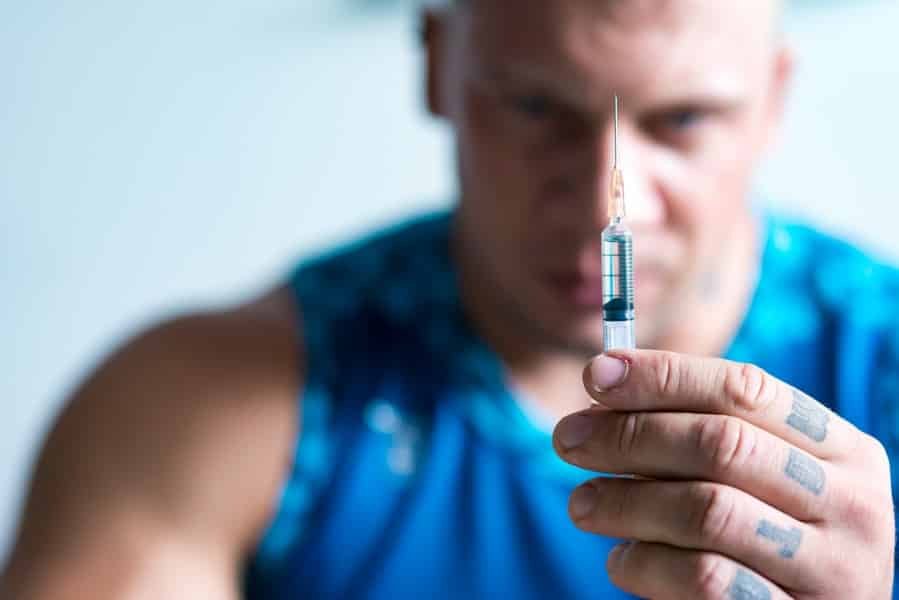
You’ll get compliments from gym buddies and be proud of the outstanding results you achieve while on steroids. As a result, admitting you have a substance abuse issue or seeking help can be challenging.
Steroids cause your body to produce extra hormones, which cause cravings at specific times throughout the day. If you find yourself craving the drug or needing bigger doses to experience the same effects, you may be addicted to steroids.
“Gym junkies”: You’ll almost certainly find someone selling steroids for a small cost at most gyms. Gym instructors and workout partners alike frequently promote it. You might use steroids to speed up the time it takes to get the “shredded look” if you’re under pressure to perform at the same level as your friends.
Athletes: Many athletes use steroids to increase their performance and get an advantage over their opponents. These medications may help you run faster, remain stronger, and perform at your best.
Young people: The average British adolescent follows numerous celebrities on social media. They see photographs of celebrities on their phones, on magazine covers, and on reality TV shows and want to appear like them. Teenage boys, for example, are under increasing pressure to achieve a ‘ripped’ body to be accepted by their friends.
Steroid users are more likely to have faster-than-normal muscular growth. They may suffer from oily hair, acne, hair loss, jaundice, bloating, and gynecomastia, which develops extra breast tissue in men. They may also have significant appetite swings, strange sleeping habits or lethargy, and rapid weight gain.
Changes in relationships and social interactions, inability to concentrate on conversations, forgetting plans and scheduled activities, and spontaneous cravings to work out are all social indicators that can indicate a problem. They may have more private phone talks and act more secretively.
Taking an unusually long shower or bath, going to the bedroom or bathroom more frequently, shutting the door behind them, begging for money or having more money than usual, receiving strange mail, or demonstrating excessive paranoia are all signs that something is wrong.
Women have many of the same physical symptoms as men, such as rapid muscle growth and weight gain, oily hair and skin, acne, jaundice, bloating, and hair loss. However, some effects are unique to women.
Women produce a limited amount of testosterone biologically. These levels usually are very low, but anabolic steroids can cause a lot of severe alterations because they boost the effects of testosterone on the body.
Some have excessive facial and body hair development, breast loss, increased sex drive, and menstruation issues. Hair loss or baldness can occur, and the voice usually deepens and becomes more manly.
Women’s long-term usage of steroids can have significant physical consequences. Infertility is a possibility, and using it during pregnancy can lead to imbalanced sex hormones and possibly ambiguous genitalia in a female foetus.
Withdrawal symptoms from steroids include:
Acute withdrawal symptoms usually subside within a week of stopping prednisone and other corticosteroids; however, a doctor would likely decrease the medicine to avoid acute withdrawal or a prolonged withdrawal syndrome.
If a person has manic or psychotic symptoms before or during the detox process, their doctor may prescribe antipsychotic or anti-manic medications in tiny doses to help them cope with the withdrawal symptoms. Long-term medicines are not essential because psychosis caused by steroid abuse usually resolves in two weeks or less.
Depression is the most troubling symptom of steroid withdrawal, and if it persists after the detox process, it may be treated with an SSRI antidepressant. Hormone therapy can help with long-term bodily changes like infertility or sex desire difficulties.
Steroids can also cause hedonic effects or euphoric sensations of strength, aggression, and self-confidence. These effects are not the same as euphoria. As the steroid dose wears off, they may fade, encouraging the desire to take more of the substance.
Both men and women who use steroids face many health issues, including:
Before life-threatening complications arise, it is critical to stop abusing steroids. It’s vital to work with a doctor to reduce the number of steroids you take gradually.

Steroids have antidepressant-like effects because they also operate as mood lifters. When a person, particularly a guy, stops taking steroids, a condition known as “estrogen rebound” might occur. It causes quick and increased production and release of the feminine hormone estrogen. Depression symptoms are one of the side effects of “estrogen rebound.” The more anabolic steroids you take and the longer you use them, the more oestrogen rebound symptoms you’ll have.
Steroids can reduce certain medications’ pleasant effects. Steroids’ reduced high causes many users to take larger amounts of other drugs than they would ordinarily. This raises the possibility of an overdose.
Steroid users typically abuse the following drugs:
Steroid users who abuse other drugs typically turn to stimulants like Cocaine and Adderall for an energy boost and appetite reduction. Many people are unaware that combining stimulants and steroids increases anger and puts the heart under stress. Excessive hostility is often the result of abusing alcohol when on steroids. Combining these drugs can have a long-term effect on behaviour and can exacerbate an addiction. People who abuse both alcohol and steroids are more prone to conduct violent crimes.
Don’t go through the process of recovery alone. Treatment providers can answer your questions. Get in touch with one today.
Call 0800 999 1083 today!
Anabolic steroids make you appear stronger and more muscular on the exterior, but they make you feeble on the inside. Steroids harm your heart by causing fat deposits to form in your blood vessels, which can lead to strokes and heart attacks. Anabolic drugs also impair normal hormone production by changing hypothalamic impulses in the body. When men take steroids, their sperm count drops because testosterone production is affected, leading the testes to atrophy.
While researchers continue to investigate the effects of anabolic steroids on the brain, recent discoveries suggest that excessive steroid use may lead to violent behaviour. In some situations, steroids feed ‘roid anger,’ which is an extremely violent reaction to a specific event. Steroids’ effects on the brain are just as harmful as their impact on the body. The chance of psychosis is one such threat. You’ll feel detached from reality and imagine you’re in another world here. ‘Roid anger’ happens when you’re out of touch with reality and will do anything to protect your ‘honour’ without fully comprehending your actions.
Behavioural changes: Steroid usage, whether recreational or medical, can result in depression, aggressiveness, irritability, and anger.
Diabetes: Steroids may raise blood sugar levels, resulting in diabetes. This illness makes it difficult for your body to regulate blood sugar levels properly.
Heart and liver damage: Some people may develop heart and liver problems. The latter is marked by jaundice and skin discolouration. Steroids tighten your heart’s walls, raising your risk of heart attack, liver cancer, and excessive cholesterol.
Reproductive issues: These include libido loss, prostate and breast enlargement, poor sperm count, and sterility. Steroid-abusing women have an irregular menstrual cycle and are sometimes sterile.
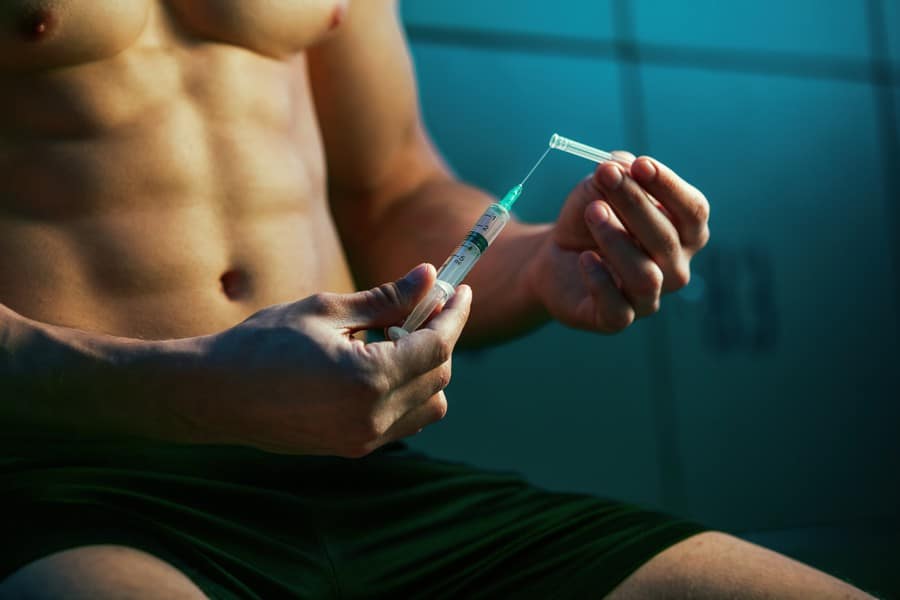
Alongside steroids abuse, there are some commonly co-occurring disorders:
Kindness is essential at all times. Be empathetic and let the person know that they are loved and that no one will judge, criticise, or disrespect them. Even if you disagree with their behaviour, try to see things from their point of view.
Maintain consistency. It’s critical that they understand your expectations. Don’t tell them you think they have a steroid problem and then complement their physique or accompany them to the gym.
No matter what, always let them know they are loved. Set clear boundaries for them and stick to them. Let them know that you will be there for them if they need assistance but that you will not tolerate certain behaviours.
After that, many people have found that behavioural therapy has been beneficial in comprehending the drive to consume substances in both individual and group sessions. People who take steroids may also have underlying body image issues or depression, which may have led to their substance usage. Therefore it’s crucial to find a treatment facility that specialises in co-occurring disorders. After the rehabilitation programme is completed, appropriate treatment for depression or body dysmorphia should be continued.
When you quit taking steroids, it’s critical to have the correct guidance and support, whether you talk to your doctor or drug detox specialists. They’re highly addictive substances with various adverse effects, including withdrawal symptoms. Your gym buddies may be able to tell you how they successfully came off steroids, but this isn’t a template for your withdrawal. Individual reactions to drug withdrawal differ substantially.
Getting therapeutic help while withdrawing is suggested. Your chances of recovery will be improved by residential rehabilitation or outpatient counselling. To avoid relapse, you must first understand the causes of steroid usage.
You’ll almost certainly need continued treatment if you have a co-morbid disorder like muscular dysmorphia, depression, or anxiety. This could include professional treatment or long-term medication. The goal is to address any underlying body image or mental health issues so that you do not relapse into steroid abuse.
A peer group – others who have gone through what you’re going through – is beneficial to most recovering addicts. Finding others who have left steroids and been drug-free will help you improve your coping mechanisms.

BACP accredited psychotherapist with 16 years experience working in mental health specialising in psychodynamic person-centred therapies treating those with a range of mental health disorders including anxiety, depression, OCD and Addiction.

Fill in your details and we’ll send you a message via SMS.

No matter where you live, there are drug and alcohol rehab options for you to discover. Treatment providers are waiting to answer your questions. Get started today.

Ever felt that gnawing ache or burning sensation in your gut after a night of drinks? You’re not alone. Stomach pain after drinking is a common complaint, and there are a few reasons why it might happen. Let’s delve into the science behind the discomfort and explore ways to soothe your stomach. The Irritating Truth: … Continued

Cocaine, a stimulant known for its short-lived burst of energy and euphoria, hides a dark side. Behind the initial high lies a dangerous potential for overdose, with severe health consequences and even death. This article delves into the world of cocaine overdose, equipping you with the knowledge to recognize the signs, understand the dangers, and … Continued

Adult smoking habits in the UK refer to how often and in what ways people aged 18 and above use tobacco. This includes everything from smoking cigarettes every day to occasionally lighting up, as well as using other tobacco products. Understanding these habits is important for several reasons: Public Health: Smoking causes many diseases that … Continued

Addiction in the UK is a complex issue that is connected to various aspects of society such as healthcare and law enforcement. It affects people from all backgrounds and has negative impacts on families, communities, and the entire nation. Understanding addiction involves not only looking at the uncontrollable use of substances and repetitive behaviors but … Continued

Don’t go through the process of recovery alone. Treatment providers can answer your questions. Get in touch with one today.
Call 0800 999 1083 today!





